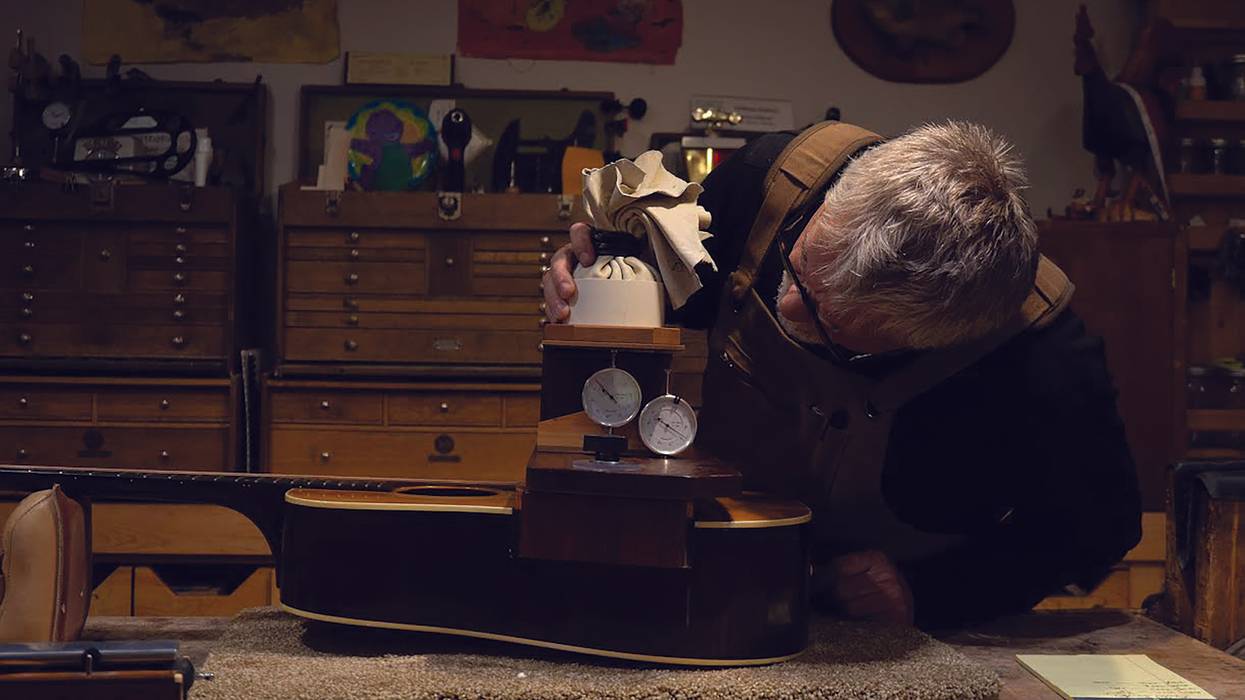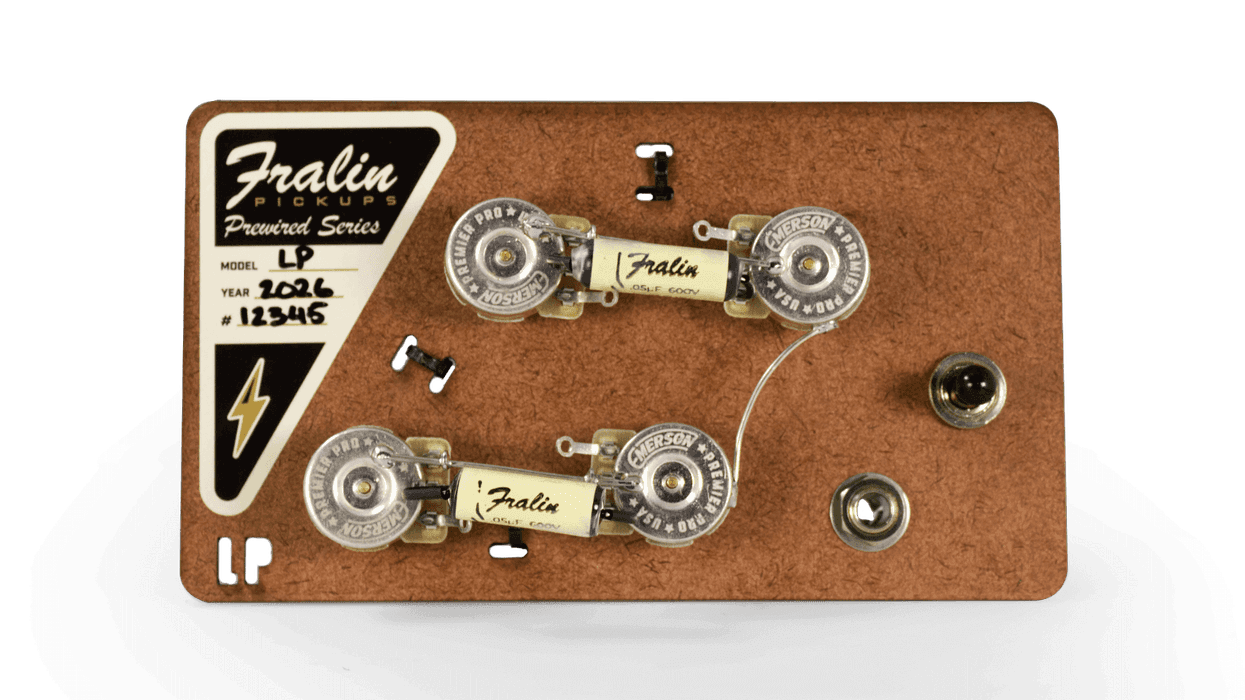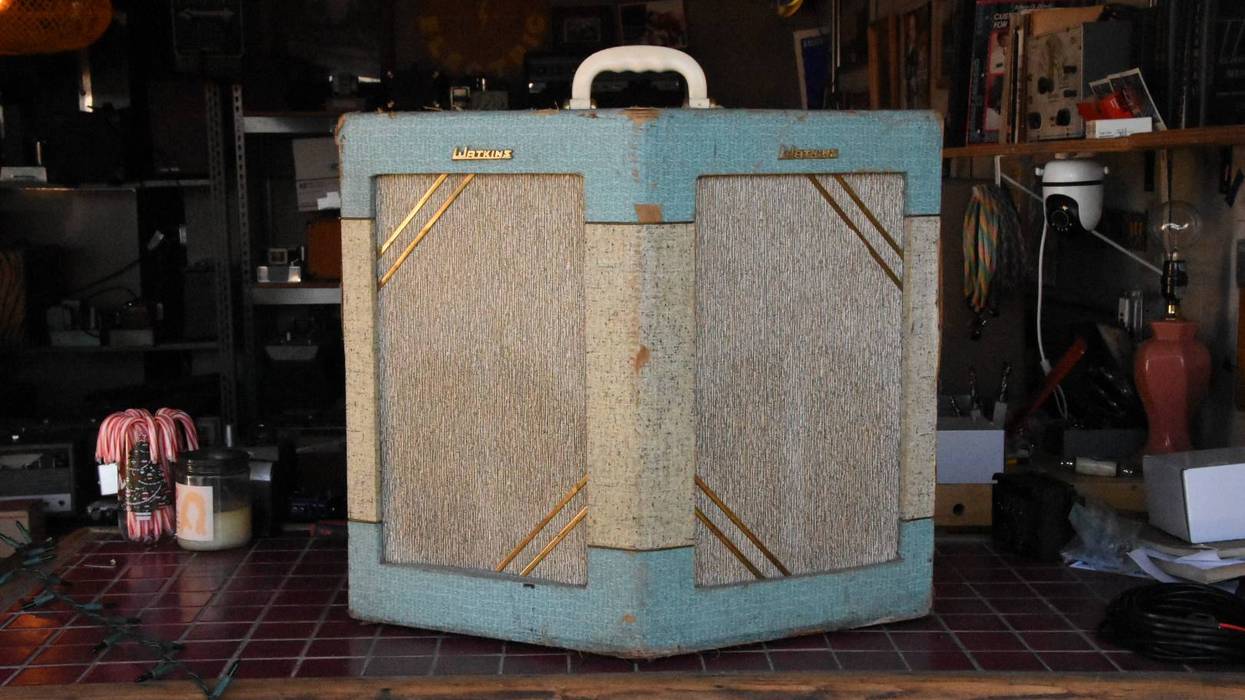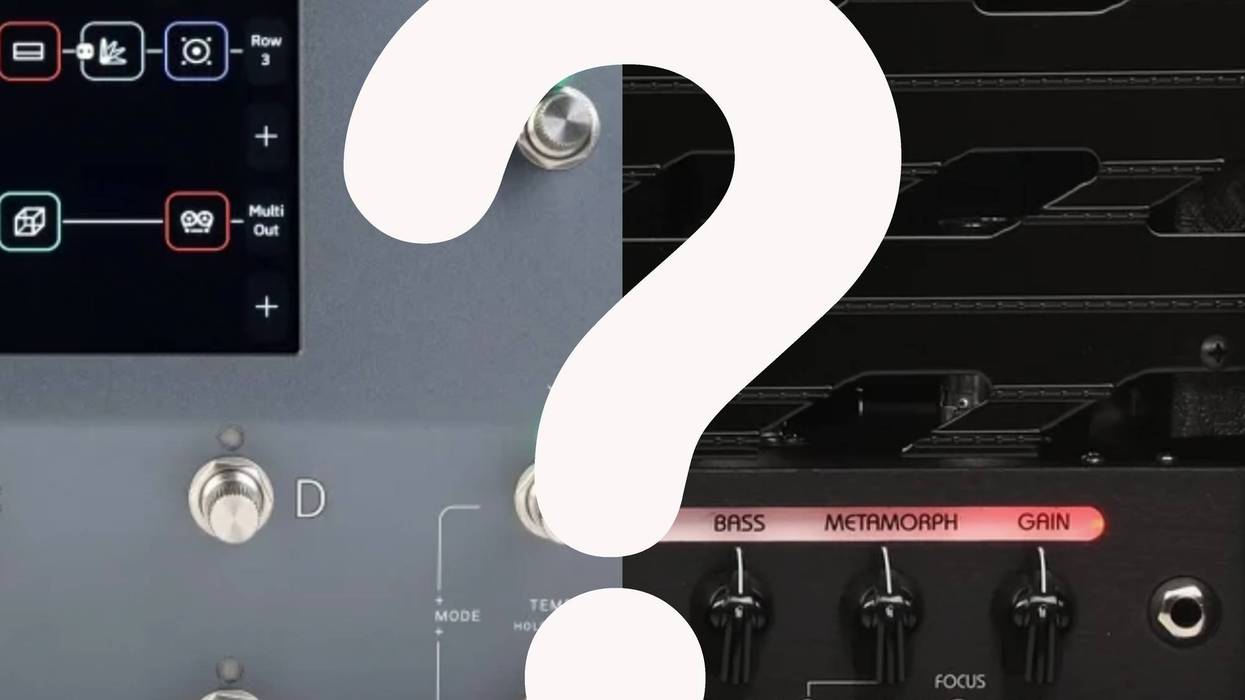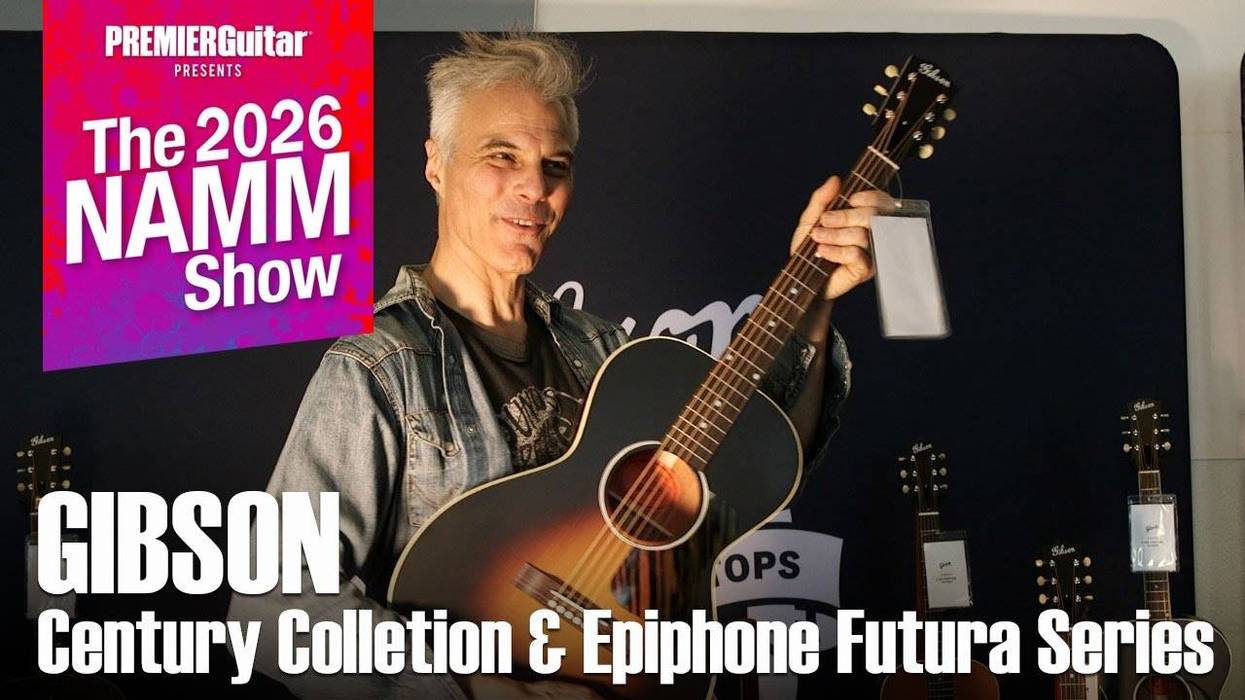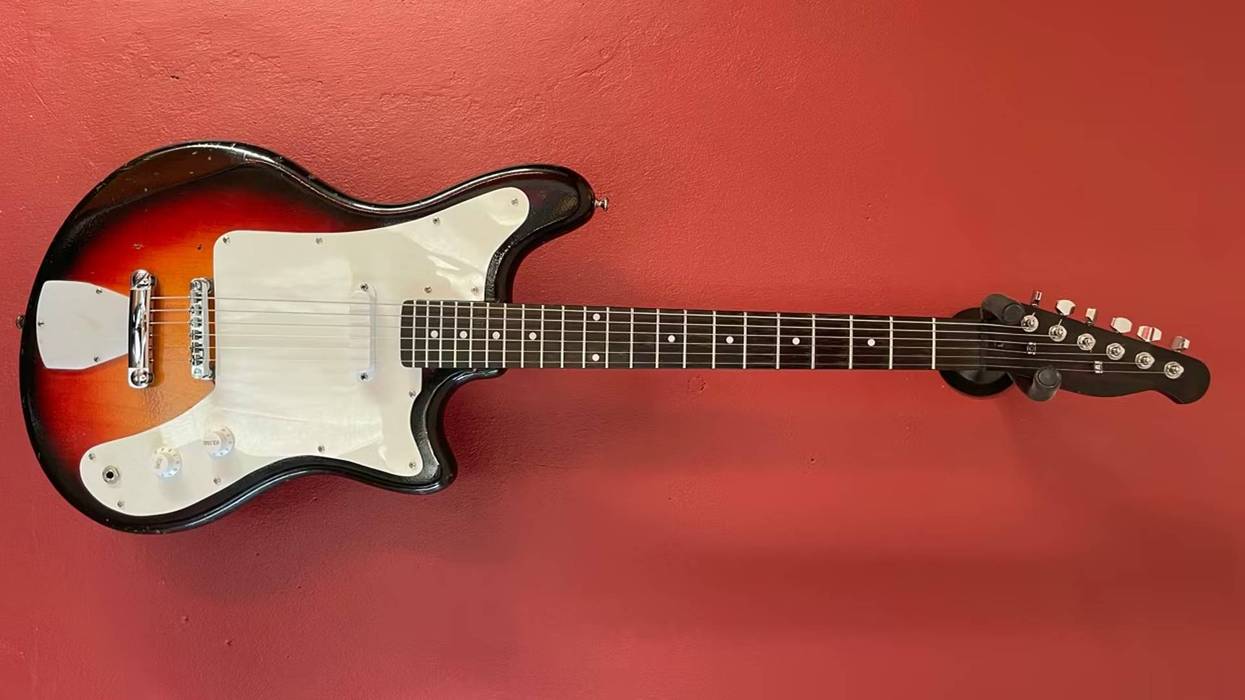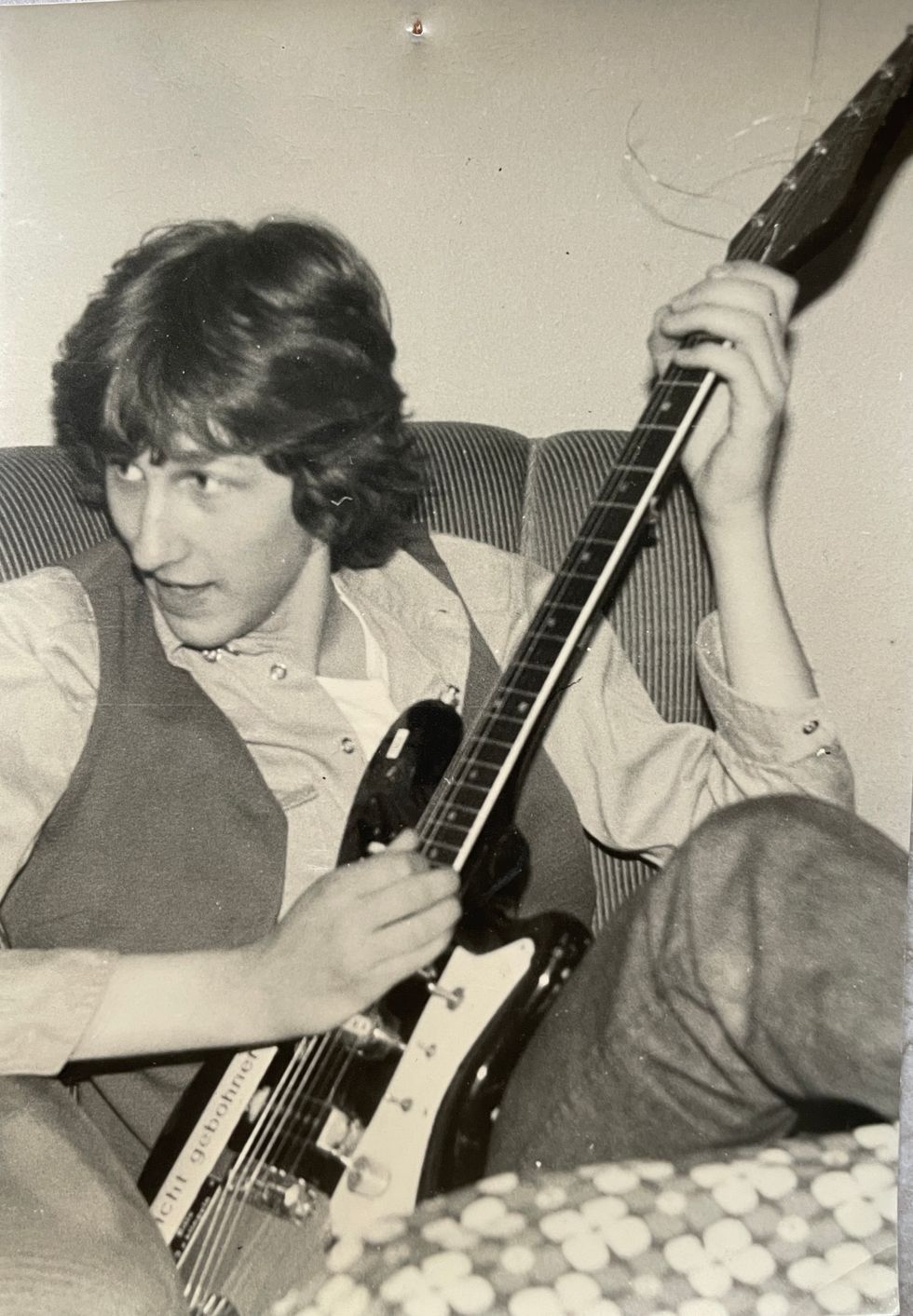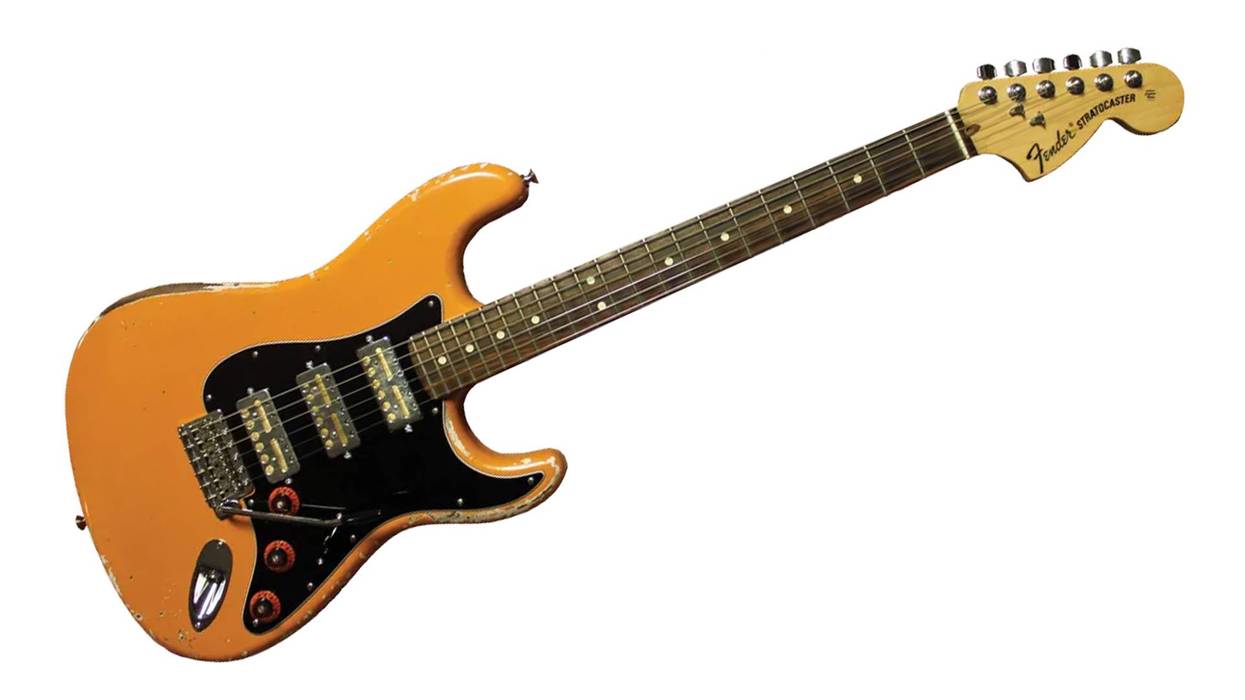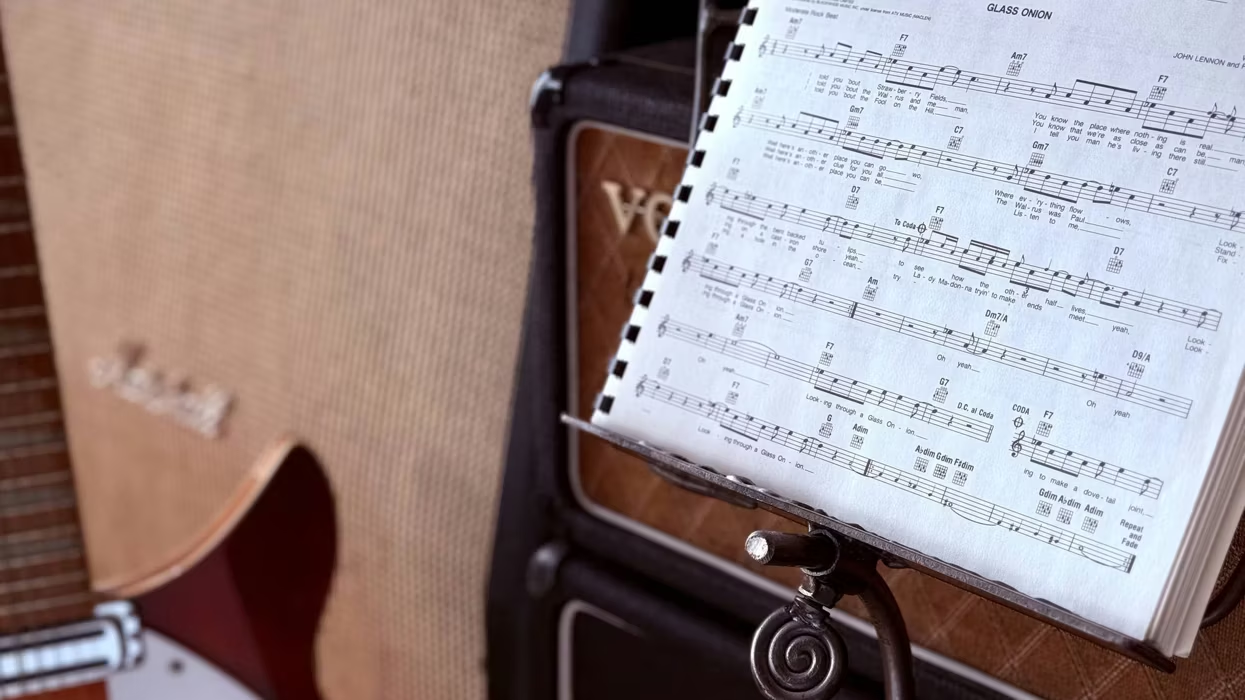One thing that attracts people to bass over other instruments is that the foundations of the instrument aren’t that intimidating. It’s one note at a time, and in most cases, not at lightning fast speeds. So, people understandably tend to think the bass can’t be that hard. It’s a valid argument for the most part, and an airtight reason to pick up the instrument. After all, the beginnings of violin or trumpet study, for example, can be an intimidating experience from a technical standpoint. And it’s often a horrific experience for the people listening to those initial attempts at a solid tone, which can take months to achieve.
With a bass, most people can manage a few musical-sounding notes within an hour or so of picking up the instrument, which can be rewarding and encouraging. It also allows people to believe they might have musical talent pretty quickly. (Maybe that’s why us bassists are the butt of so many jokes.) The most important truth about playing bass in most modern, commercial styles of music, however, is that because the parts are usually simple, it’s of greater importance they are performed with intent and accuracy. Most listeners can more easily spot an imperfection in a bass part than another instrument playing a greater amount of notes. From rank beginners to experienced musicians transitioning to bass, the beginner-friendly allure of the instrument can cause players to make common mistakes that are usually easily avoidable.
Playing too hard. For many years, as both a beginning and intermediate player, I struggled with playing too hard. I love being onstage, and the adrenaline and excitement of a live performance used to make me channel all that energy into the instrument. I’m still not a bassist with a soft touch, but many of my main influences lean in that direction and I’m conscious of policing the most aggressive elements of my playing to avoid problems.
The first problem that results from playing too hard is that it alters your pitch. Since you are the foundation as the bassist, this means it alters the pitch of the entire band, and everything will sound a little “off.” The initial attack of the note is where the pitch tends to go sharp, so the note might not get a chance to return to its intended pitch before you hit your next one. Practicing with a tuner so you can watch the note pitch at the initial time of attack is a great way to prevent playing too hard.
Hitting your string with too much force can also drive the string to hit the pickup’s surface and cause the pickup to make a clicking sound. And let’s not forget that playing too hard can impact the almighty groove. It’s very easy to play slightly ahead of the beat, which in most cases is an unflattering trait for a bassist. You’ll find that listening back to your own playing when digging in a little too hard can help get you on track.
Lastly, playing with too much force will thin out your tone. This is a big no-no since the whole idea of the bassist is to provide foundation. If you are playing a bass line where you want to accentuate one or two individual notes, it can sometimes have the opposite effect when you decide to play them a little harder than the rest. You may likely get more string tone, but less low end through a PA system, and your notes will come across to listeners as being played more softly.
Playing too softly. Everyone’s artistic expression takes a different form. The bass sounds we hear inside our heads probably all sound slightly different, but there are a few things we probably all hear somewhat similarly. By that I am referring to some of the frequently heard buzzwords when tone is discussed, like “punchy,” “warm,” and “fat.” Playing too hard can make a few of those buzzwords hard to attain, and the same goes for playing too softly.
I’ve heard a fair number of players relying on EQ and their electronics to get tone out of their instrument, but the bass sounds I personally swoon over are usually deeply rooted in wood resonating and leaving its unmistakable mark. To make wood resonate, you obviously have to dig in a little. Playing with a firm attack will get more natural punch out of the instrument. I like to play my bass just hard enough so that when the bass is unplugged, I can feel the attack hit my ribs a little through the body of the bass.
Not playing too softly will also reveal the true personality of your strings, whether they’re old flatwounds or brand-new roundwounds. This correct amount of attack will keep you from sounding like just another generic low-end provider, and will ensure your mark is left by increased sonic content in both the mids and the highs.
I will explore more avoidable bad habits next month. Until then, have fun experimenting with dynamics and their effect on your tone.




